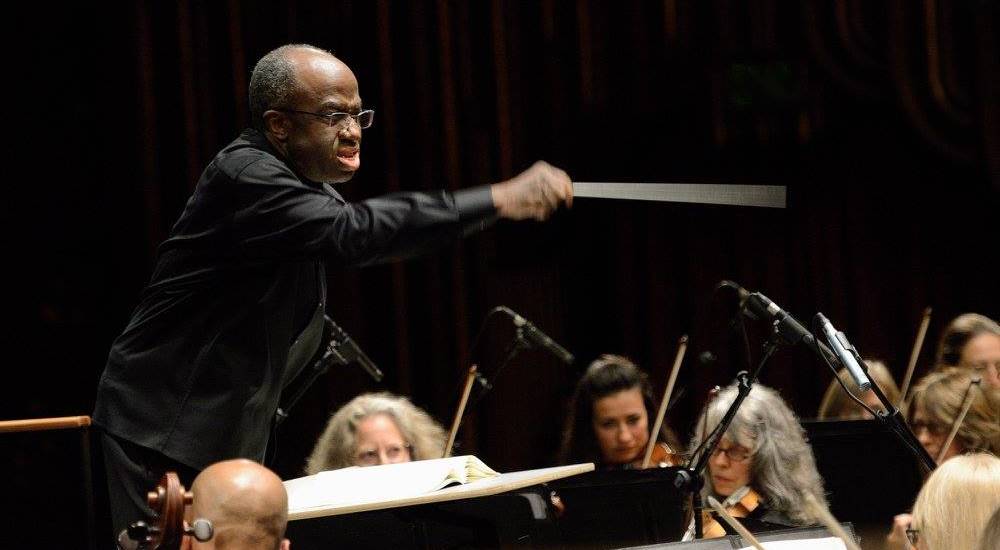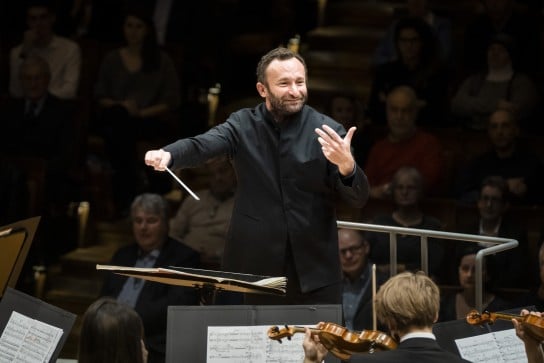US orchestras maintain block on black players
OrchestrasA survey by the League of American Orchestras shows that ethnic minorities now account for 21 percent of their musicians.
However, just 2.4 percent are African-American.
The needle has barely shifted in a decade. It was 1.8 percent in 2013.
Read the survey here.
Think about the consequences.
pictured: the late Michael Morgan, a lamentably underrated conductor






Comments